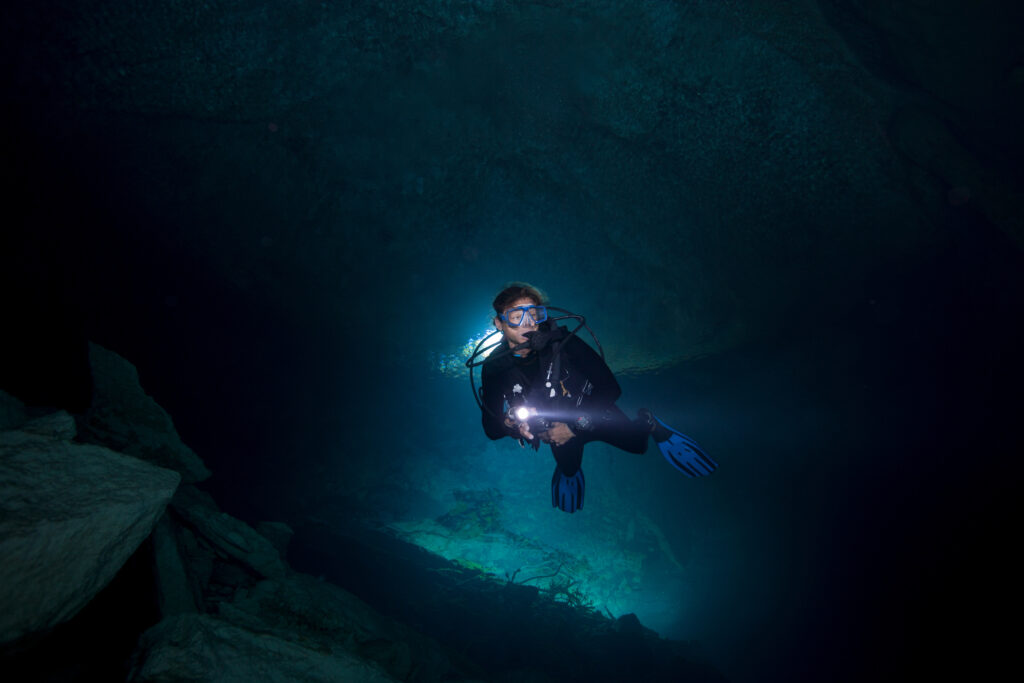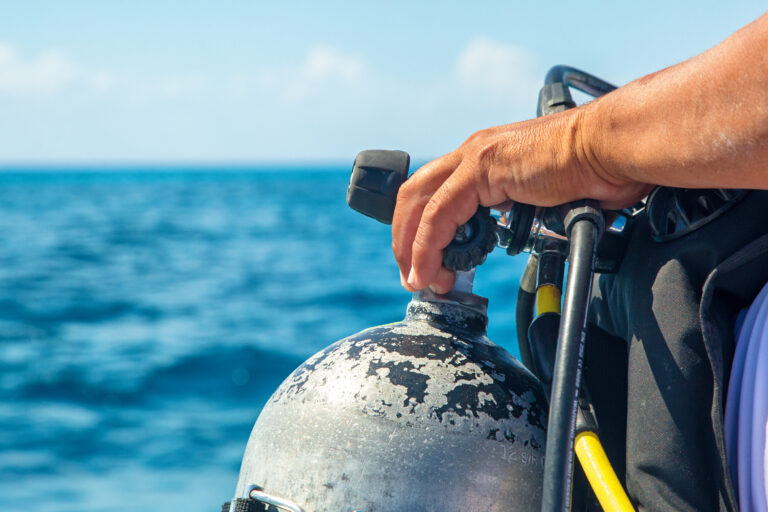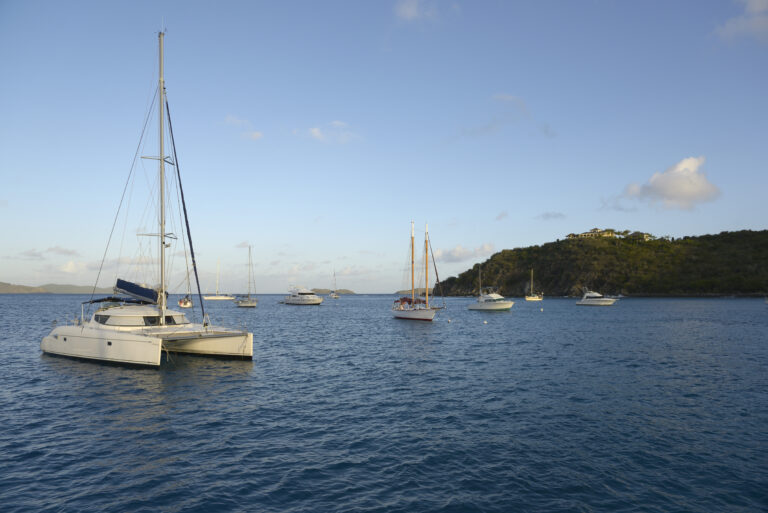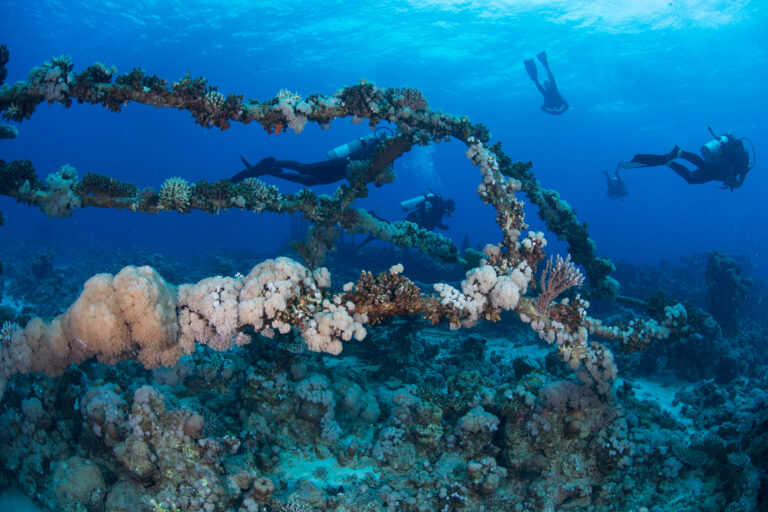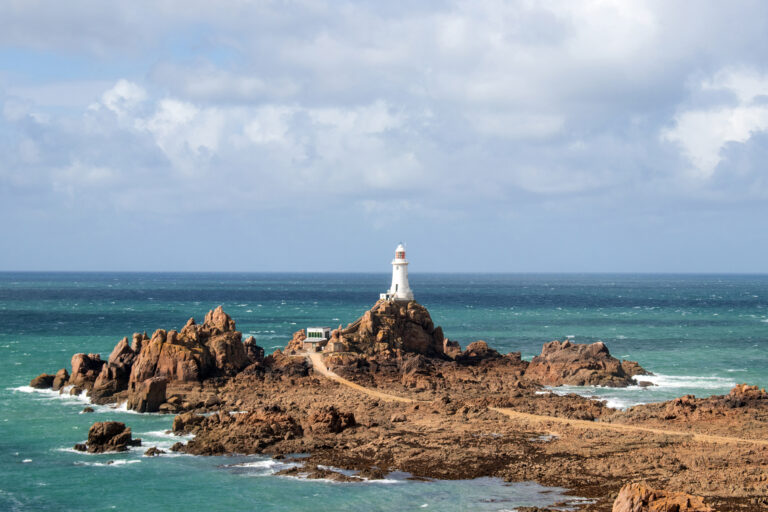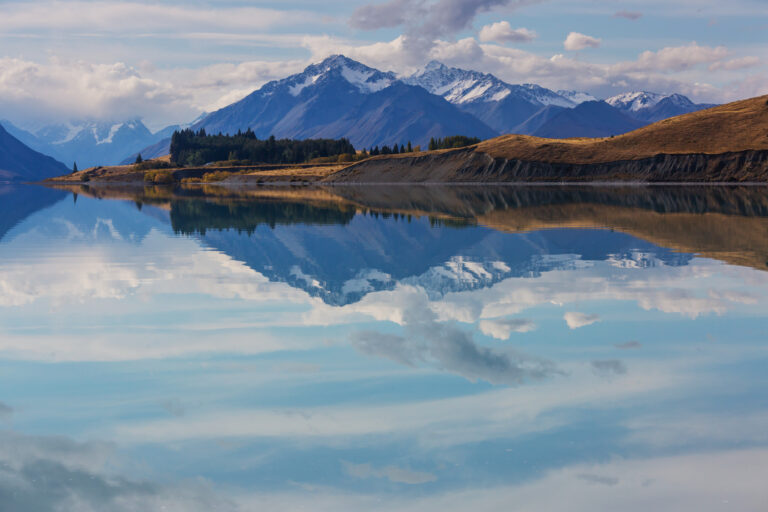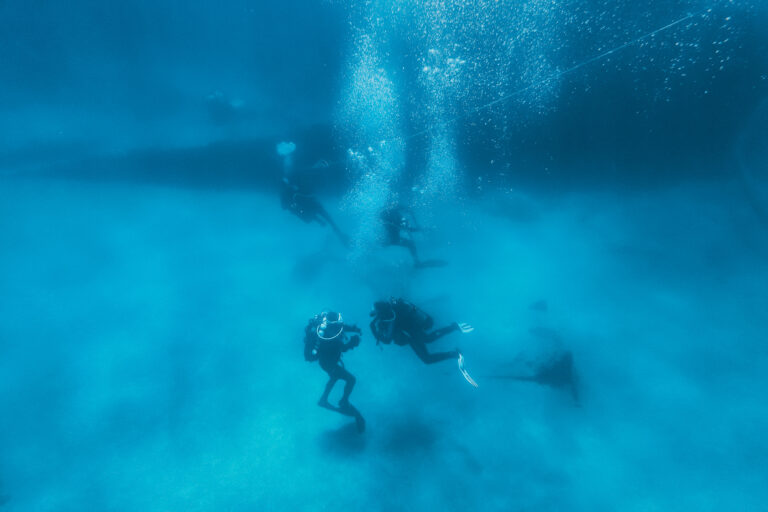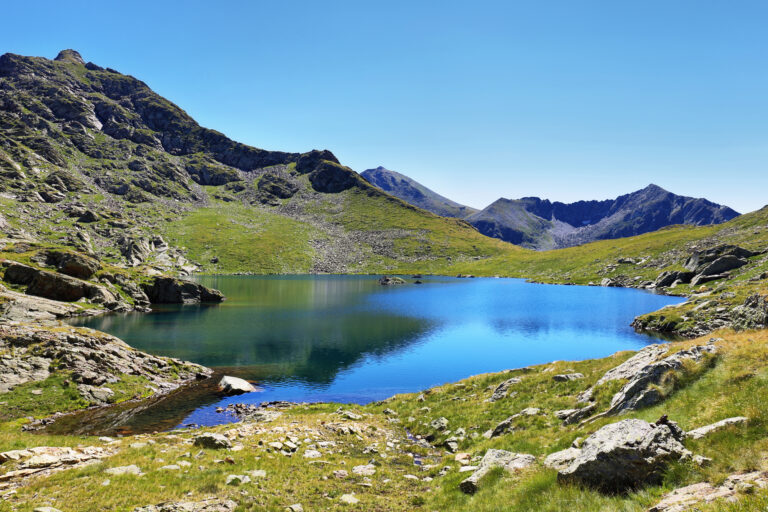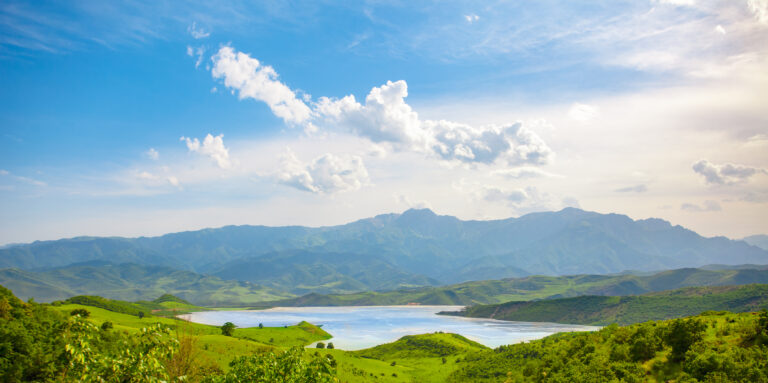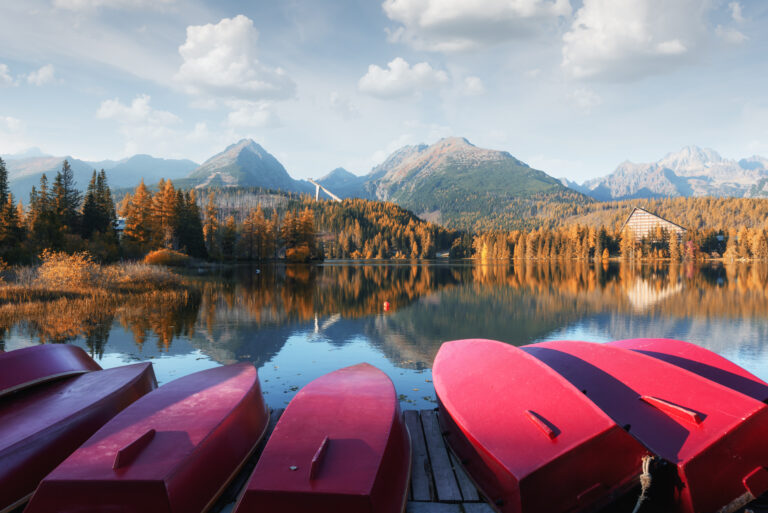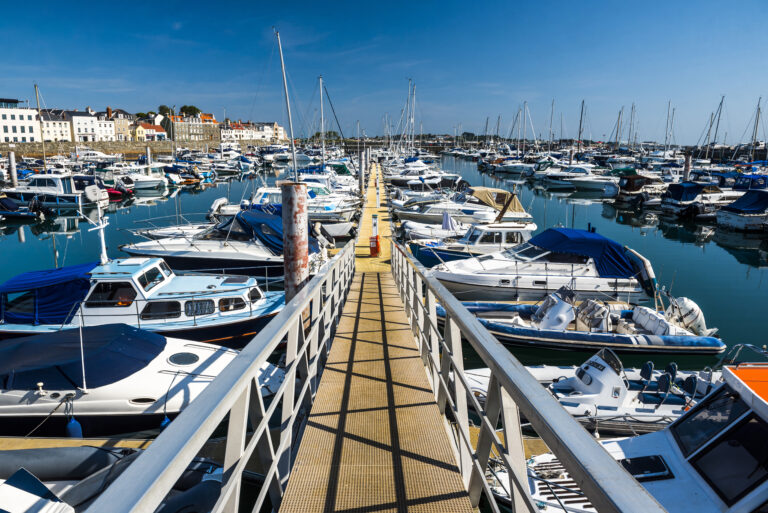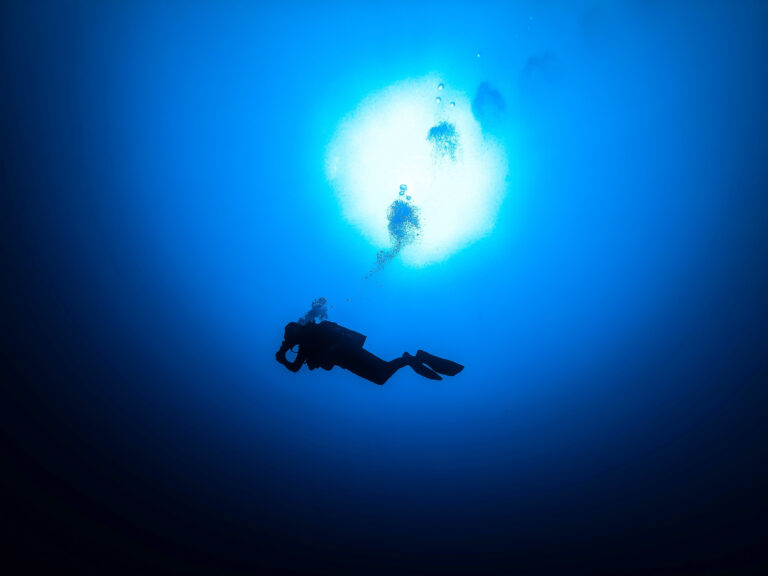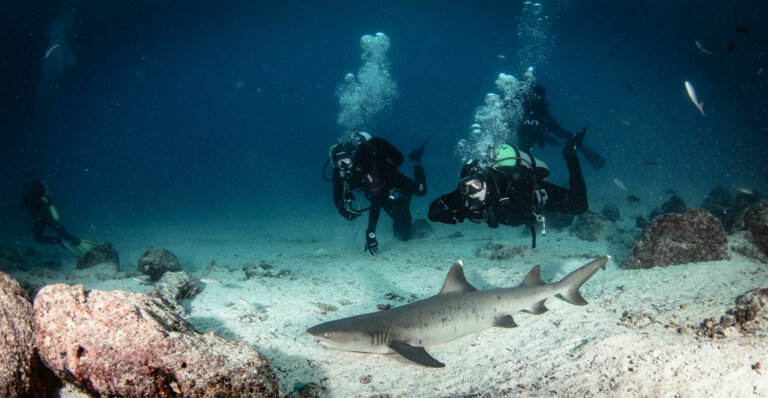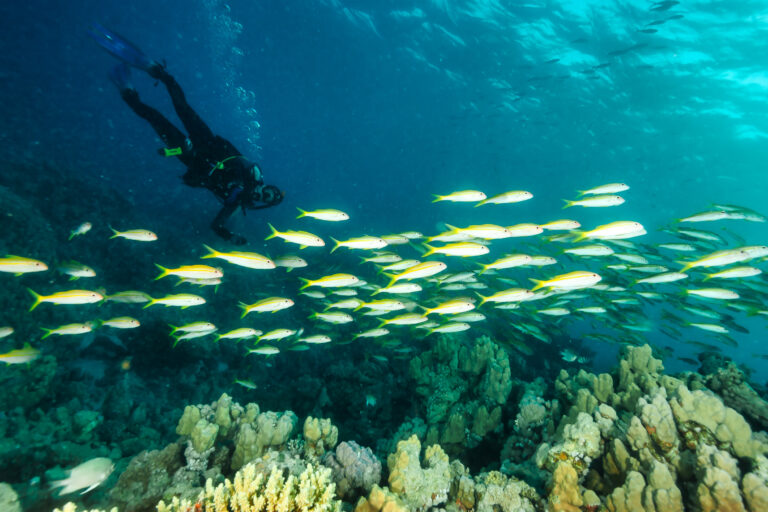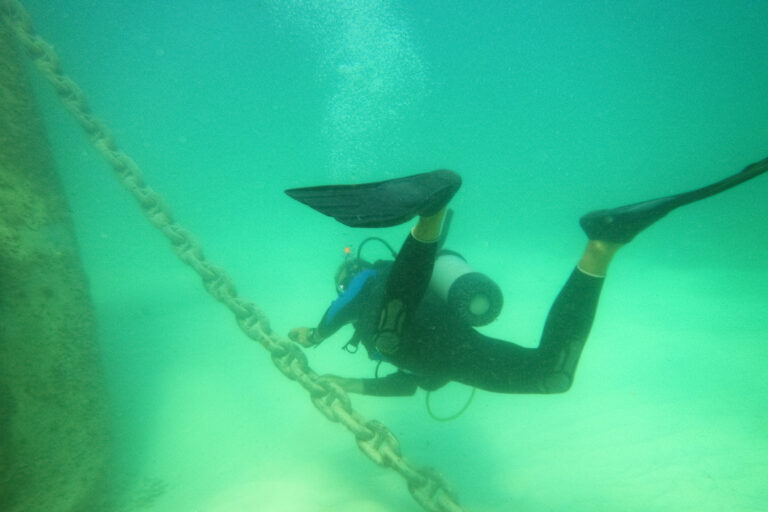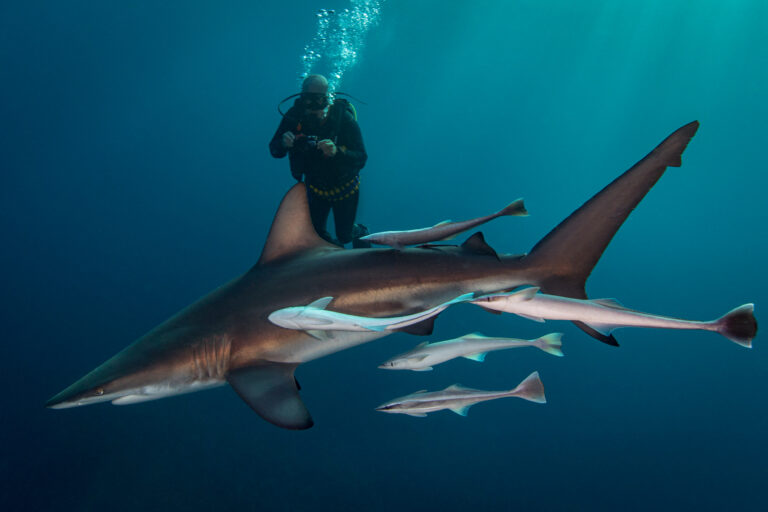Scuba Divers’ Travel Guide to Guyana
Guyana, situated on South America’s northern coast, is a hidden gem for scuba diving enthusiasts. Its coastal waters and river estuaries create a rich marine environment that supports a variety of aquatic life. Divers can explore vibrant coral reefs, encounter diverse fish species, and enjoy the serene underwater landscapes. The country’s warm tropical climate and rich biodiversity make it an inviting destination for those looking to experience the beauty of the South Atlantic’s underwater world. Guyana offers a unique diving experience, blending natural beauty with a sense of adventure.
Location and Geography
Guyana, a hidden gem nestled on the northeastern shoulder of South America, offers a unique scuba diving experience far from the typical Caribbean hotspots. Bordered by the Atlantic Ocean to the north, Venezuela to the west, Brazil to the south, and Suriname to the east, Guyana boasts a largely unexplored coastline that stretches for about 459 kilometers (285 miles). The country’s underwater geography is influenced by the outflow of its many rivers, the largest being the Essequibo, which carries rich nutrients into the ocean, creating a dynamic marine ecosystem. Divers in Guyana can explore the confluence of freshwater and saltwater environments, which fosters a diverse array of aquatic life. The warm Atlantic waters are home to vibrant coral reefs, mangrove swamps, and a variety of shipwrecks, offering a blend of ecological and historical intrigue. While the diving industry is still in its infancy here, the untouched nature of Guyana’s underwater world presents a rare opportunity for adventurers looking to dive off the beaten path and experience the thrill of discovery in a land where the Amazon rainforest meets the Atlantic Ocean.
Visa and Entry Requirements
Before embarking on a scuba diving adventure in the lush, tropical waters of Guyana, it is essential to understand the visa and entry requirements for this South American gem. Travelers from many countries, including the United States, Canada, the United Kingdom, and several European nations, can enter Guyana without a visa for stays up to 90 days. However, it is crucial to have a passport valid for at least six months beyond the duration of your stay, along with proof of onward travel. Visitors should also be aware that a departure tax is typically included in the airfare; if not, it must be paid at the airport when leaving the country. It’s advisable to check the latest entry requirements with the nearest Guyanese embassy or consulate before your trip, as regulations can change. Upon arrival, ensure your passport is stamped by immigration authorities, as this is mandatory to avoid issues during your stay or when departing Guyana. With the paperwork in order, divers can look forward to exploring the country’s underwater marvels, including its unique freshwater ecosystems and the Atlantic’s vibrant marine life.
Getting to Guyana
Getting to Guyana for an unforgettable scuba diving adventure is an exciting journey that begins with a flight into Cheddi Jagan International Airport, located near the capital city of Georgetown. Major airlines such as Caribbean Airlines, American Airlines, and Surinam Airways offer routes from various international hubs, making it accessible from North America, the Caribbean, and even some European countries. Upon arrival, travelers can opt for domestic flights or riverboats to reach the coastal towns and remote areas where pristine diving spots are found. It’s important to plan your internal travel carefully, as the country’s diverse landscape of rainforests, rivers, and savannahs can make transportation to certain diving locations an adventure in itself. Whether you’re looking to explore the vibrant marine life of the Atlantic or the freshwater wonders of the Essequibo River, getting to Guyana is the first step in a truly unique scuba diving experience.
Best Time to Dive
Getting to Guyana for an unforgettable scuba diving adventure is an exciting journey that begins with a flight into Cheddi Jagan International Airport, located near the capital city of Georgetown. Major airlines such as Caribbean Airlines, American Airlines, and Surinam Airways offer routes from various international hubs, making it accessible from North America, the Caribbean, and even some European countries. Upon arrival, travelers can opt for domestic flights or riverboats to reach the coastal towns and remote areas where pristine diving spots are found. It’s important to plan your internal travel carefully, as the country’s diverse landscape of rainforests, rivers, and savannahs can make transportation to certain diving locations an adventure in itself. Whether you’re looking to explore the vibrant marine life of the Atlantic or the freshwater wonders of the Essequibo River, getting to Guyana is the first step in a truly unique scuba diving experience.
Accommodation Options
Accommodation options for scuba divers in Guyana are as diverse as the country’s aquatic landscapes, offering a range of choices from eco-lodges nestled in the heart of the rainforest to comfortable hotels in the coastal capital of Georgetown. While Guyana is not traditionally known for its scuba diving, those looking to explore its underwater treasures, such as the Shell Beach Marine Protected Area, can find suitable lodging near the most popular coastal dive spots. In more remote areas, rustic riverfront cabins provide a unique opportunity to stay in close proximity to nature and the country’s freshwater diving experiences. For a more luxurious stay, some upscale resorts and international hotel chains in Georgetown and along the Essequibo River cater to divers seeking comfort after their aquatic adventures. These accommodations often assist with arranging dive excursions and equipment rentals, ensuring a seamless experience from land to sea. Regardless of the choice, visitors are encouraged to book in advance, especially during peak travel seasons, to secure their ideal retreat in this off-the-beaten-path diving destination.
Dive Operators and Dive Shops
Guyana, with its untapped natural beauty, is not typically renowned for scuba diving, as its coastline is largely influenced by the outflow of the Amazon and its own rivers, resulting in limited visibility underwater. However, for the adventurous diver, there are opportunities to explore freshwater environments and the occasional Atlantic dive. Dive operators and shops in Guyana are few and far between, with most being located in the capital city of Georgetown. These establishments cater to a niche market, offering personalized experiences that often combine diving with eco-tourism adventures. Divers can expect to find services such as PADI certification courses, equipment rentals, and guided excursions to the few offshore sites or into the interior for river diving. Due to the limited number of operators, it is highly recommended to arrange dive trips well in advance and confirm the availability of equipment and the experience level required for the dives being considered. Always ensure that the dive shop you choose adheres to safety standards and has knowledgeable guides, as the diving in Guyana can present unique challenges due to its distinctive aquatic environments.
Transportation within Guyana
Transportation within Guyana offers a mix of adventure and practicality for scuba divers seeking to explore its underwater treasures. While the country’s infrastructure may not be as developed as other popular diving destinations, getting around is part of the experience. For longer distances, domestic flights are available from the capital, Georgetown, to various coastal and interior locations, bringing divers closer to remote dive sites. On the ground, minibuses and taxis are the most common means of transport in urban areas, and they can be hired for trips to popular coastal regions. For the more intrepid diver, renting a 4×4 vehicle might be necessary to navigate the rugged terrain leading to off-the-beaten-path dive spots. Additionally, boat travel is essential for reaching the best diving locations, especially those along the Essequibo River and its estuaries, where the mix of freshwater and saltwater creates unique diving conditions. Always plan ahead and consider hiring local guides or using reputable tour operators to ensure safe and reliable transportation to your underwater destinations in Guyana.
Currency and Payment Methods
When traveling to Guyana for scuba diving adventures, it’s important to be aware of the local currency and payment methods. The official currency is the Guyanese dollar (GYD), and while prices may sometimes be listed in US dollars, especially at dive resorts and in tourist areas, transactions are typically conducted in the local currency. Credit cards are accepted at many hotels, dive shops, and restaurants, particularly in the capital city of Georgetown and other tourist-centric locations, but it’s advisable to carry cash when venturing into more remote diving spots or smaller establishments. ATMs are available in urban areas, but their presence is limited in rural regions, so plan accordingly. It’s also worth noting that traveler’s checks are not widely accepted, and it’s best to exchange currency at banks or official exchange bureaus for the most favorable rates. Always ensure you have a mix of payment options and enough cash to cover expenses where electronic transactions are not possible.
Language and Communication
When embarking on a scuba diving adventure in Guyana, it’s important to note that the official language is English, owing to its history as a British colony. This makes communication relatively straightforward for English-speaking divers. However, the linguistic tapestry of Guyana is rich and diverse, with a variety of Creole languages also in use, reflecting the country’s mix of ethnicities, including influences from African, Indian, and indigenous peoples. While English will serve you well in most formal settings and dive operations, learning a few basic phrases in Guyanese Creole can enhance your interactions with local residents and enrich your cultural experience. Dive guides and local fishermen may often use Creole terms when referring to marine life or discussing weather conditions, so having a grasp of the local vernacular can be both practical and respectful. Always approach language with an open mind and willingness to learn; the friendly Guyanese people are typically more than happy to share their linguistic heritage with interested visitors.
Local Culture and Attractions
Guyana, a hidden gem nestled on the northeastern shoulder of South America, offers a unique cultural tapestry that blends Caribbean warmth with South American zest. While primarily known for its dense rainforests and the majestic Kaieteur Falls, one of the world’s most powerful waterfalls, Guyana’s coastal towns like Georgetown, the capital, brim with vibrant markets, colonial architecture, and a melting pot of ethnicities, including Indigenous peoples, Africans, Indians, and Europeans. After a day of diving in the Atlantic waters off the coast, where the Essequibo and Demerara rivers meet the sea, divers can immerse themselves in the local culture by savoring Creole dishes, such as pepperpot or curry, and swaying to the rhythms of calypso and soca. The country’s rich history is on display at landmarks like the St. George’s Cathedral and the 19th-century Georgetown Lighthouse. For those looking to combine their underwater adventures with an exploration of Guyana’s diverse heritage and natural beauty, this South American enclave promises an experience as vibrant and varied as the marine life beneath its waves.
Cultural Etiquette and Tips
When planning a scuba diving trip to Guyana, it’s important to be mindful of the local customs and cultural etiquette to ensure a respectful and enriching experience. Guyanese people are known for their warm hospitality, but it’s courteous to greet them with a friendly ‘Hello’ or ‘Good day’ before engaging in conversation or asking for assistance. Dress modestly when you’re not in your diving gear, especially when visiting rural areas or religious sites. It’s also wise to ask permission before taking photographs of people or their property. While English is the official language, making an effort to learn a few phrases in Creole can go a long way in showing respect for the local culture. When it comes to tipping, it’s not mandatory, but it is appreciated for exceptional service, particularly for dive guides and boat crews who go out of their way to ensure you have a memorable diving experience. Always be environmentally conscious, respecting wildlife and marine habitats, and follow all guidelines provided by your dive operators to protect the delicate ecosystems you’ll be exploring.
Local Laws and Regulations Relevant to Tourists
When planning a scuba diving trip to Guyana, it is crucial for tourists to familiarize themselves with local laws and regulations to ensure a safe and lawful experience. Guyana’s coastal waters are governed by maritime laws that regulate fishing, waste disposal, and the protection of marine life. Divers should be aware that the collection of coral, shells, or any marine organisms is strictly prohibited to preserve the natural underwater environment. Additionally, Guyana requires divers to be certified by a recognized diving organization and to dive with a licensed local operator. It is also important to respect the guidelines set for protected areas, such as the Shell Beach Protected Area, where specific rules may apply to diving activities to safeguard the biodiversity. Tourists should always check for the latest updates on marine conservation laws and any required permits or fees before embarking on their diving adventure in Guyana. Failure to comply with these regulations can result in hefty fines and legal consequences, so adherence to local laws not only protects the environment but also ensures an enjoyable and hassle-free diving experience.
Safety Tips and Emergency Contacts
When planning a scuba diving trip to Guyana, safety should be your top priority. Before embarking on your underwater adventure, ensure that you are well-trained and certified by a recognized diving organization. Always dive within your experience level and check your equipment thoroughly before each dive. It is crucial to be aware of the local marine life and currents, as the waters of Guyana can present unique challenges. Dive with a buddy and maintain clear communication throughout your exploration. In case of an emergency, it is vital to know the contact details of the nearest decompression chamber, which can be found at the Georgetown Public Hospital Corporation in the capital city. Additionally, keep the contact information for the local coast guard and emergency services handy. The Guyana Maritime Administration can be reached at +592-226-3356 for maritime assistance. Remember to have comprehensive travel and dive insurance that covers medical evacuation and hyperbaric treatment. By following these safety tips and having emergency contacts readily available, you can enjoy Guyana’s underwater beauty with peace of mind.
Health and Travel Insurance
When planning a scuba diving trip to Guyana, it is crucial to consider health and travel insurance that specifically covers adventure activities such as scuba diving. Given the remote nature of some dive sites in Guyana, access to medical facilities may be limited, and in the event of a diving accident or illness, evacuation could be necessary, which can be extremely costly. Ensure that your insurance policy includes coverage for hyperbaric treatment and medical evacuation. It is also advisable to check for any exclusions that might affect you, such as depth limits or the requirement for a certified dive master to be present during dives. Before departure, verify that your vaccinations are up to date, and consider protection against malaria and yellow fever, which are present in Guyana. Always carry proof of your insurance and emergency contact information with you, and be aware of the procedures to follow in case you need to make a claim. Remember, a comprehensive insurance plan is not just a safety net, but also a peace of mind, allowing you to fully enjoy the underwater wonders of Guyana.

